Public Health
- Event
Sustainable Healthcare in Practice (recording)
Our final sustainable healthcare webinar will explore different relevant case studies of SusQI in the community and other relevant project examples, discuss barriers and enablers to this, and explore the next steps.
- Event
QNI Annual Conference 2023 (recordings)
The UK's leading event for community nurses took place over four days of discussion, sharing expertise, and insights into community nursing today and in the future.
- News item
International Nurses’ Day 2022
The world celebrates nurses on International Nurses' Day and we thank them for their skill and compassion in supporting health and wellbeing everywhere.
- Blog post
Climate Change: a Public Health Crisis
'Nurses are the most trusted of all professions and comprise around 60% of health professionals worldwide. Their expertise, diverse roles and trust invested in them means they can be leaders in protecting the health of the public from the consequences of climate change.'
- Blog post
Making a difference during the pandemic
'Some 16 months later with 11 centres running, I am proud to be part of a programme which has delivered over 1.3 million vaccinations to our population.'
- News item
New Book Celebrates Achievements of Community Nursing
The Queen’s Nurses represent diverse specialisms and taken together the book provides a glimpse into a world of professional expertise and person-centred care that is not often portrayed in the wider media.
- Blog post
World Patient Safety Day 2021 : Human Factors
'We must all be aware of the importance of raising the alarm when we think something may be wrong, for ultimately this action may just save a patient’s life and potentially someone’s career.'
- News item
Duke of Cambridge visits vaccination centre to pay tribute to staff in vaccine rollout
Queen's Nurse Mike Passfield, Clinical Operations Director for the Trust’s large scale vaccination centres, was part of the welcoming party

- Case study
- Project
Play Safe, Stay Safe
This project sought to encourage young men at the University of Huddersfield to access screening for sexually transmitted infections in a discreet way by providing self-screening STI packs available to pick up from various sites around the campus.
- Blog post
- Guidance
- Learning resource
Homeless Families Learning Resource
A Learning Resource for Public Health Nurses
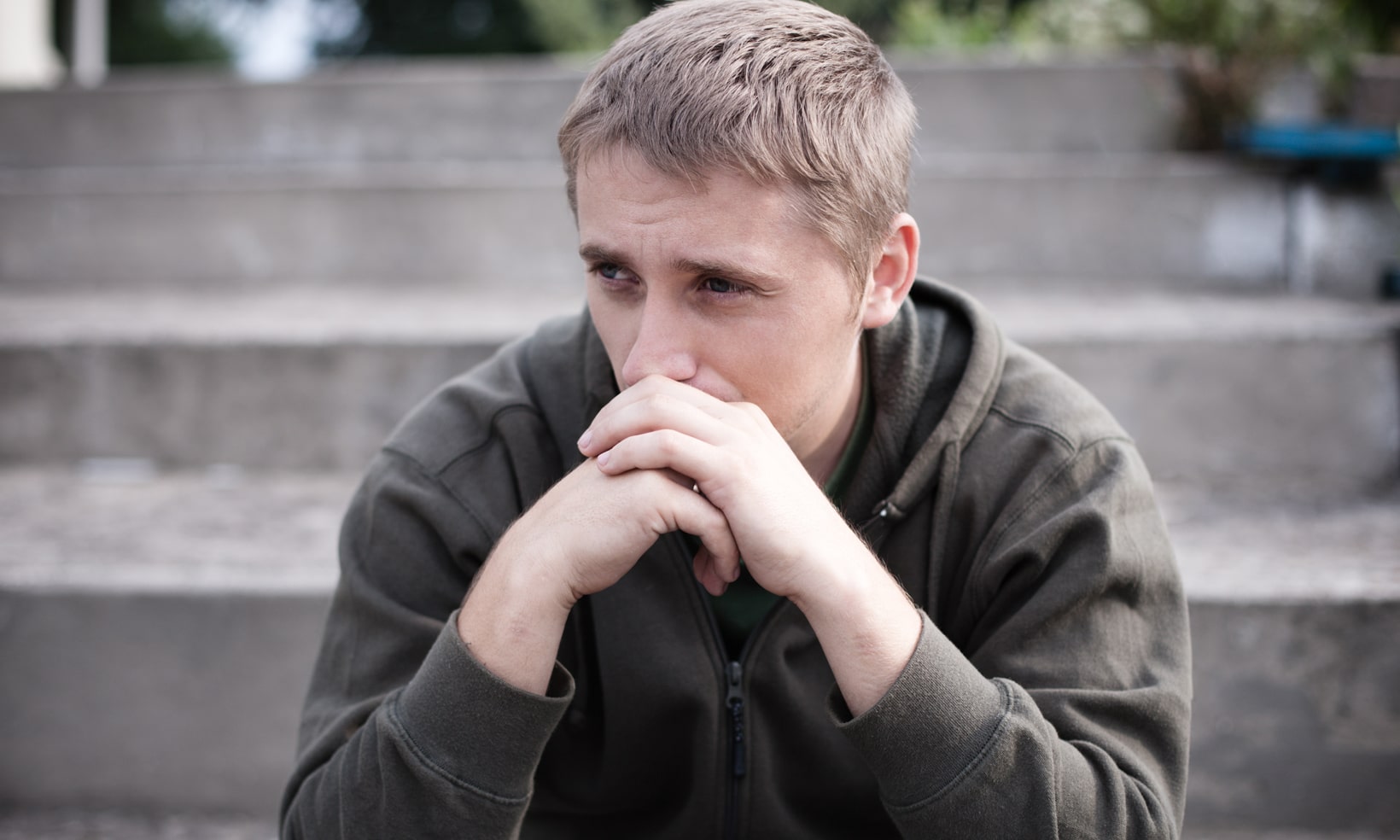
- Report
Young Homeless People on Healthcare
A report based on a focus group held in Birmingham in 2015.
- Case study
- Project
English for Health
This project sought to improve the health care of non-English speaking patients, and reduce inequality of access to health care within South Warwickshire. It taught patients health-related English to reduce reliance on translation services.
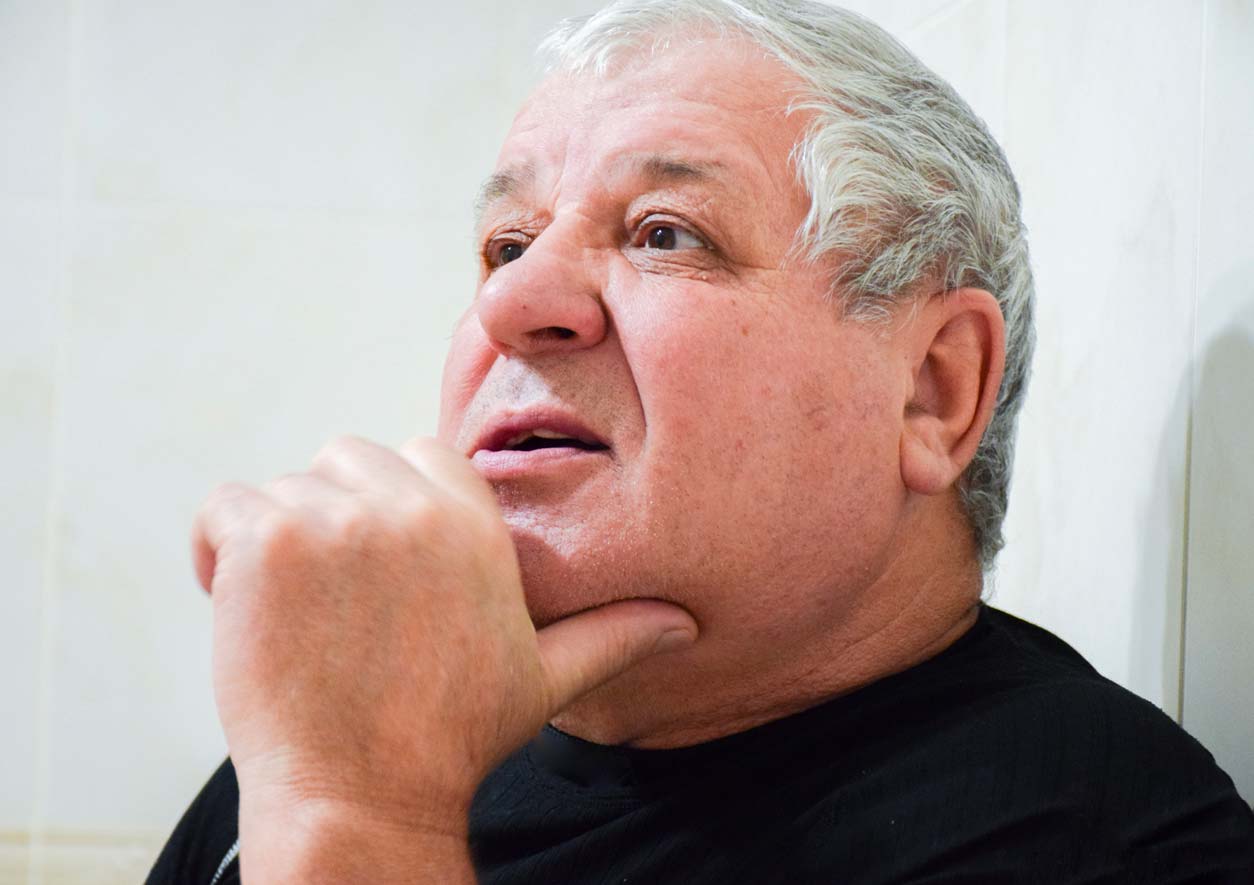
- Case study
- Project
Mental Health of Older Men
The aim of the project was to improve the physical and mental well being of older men living in Essex by raising awareness of specific health issues, reducing isolation and promoting social inclusion.

- Case study
- Project
Working Together for Health
The aim of the project was to improve the dental health, diet and physical activity of children with Autistic Spectrum Disorder (ASD) within a Primary School for children with special needs in Manchester.
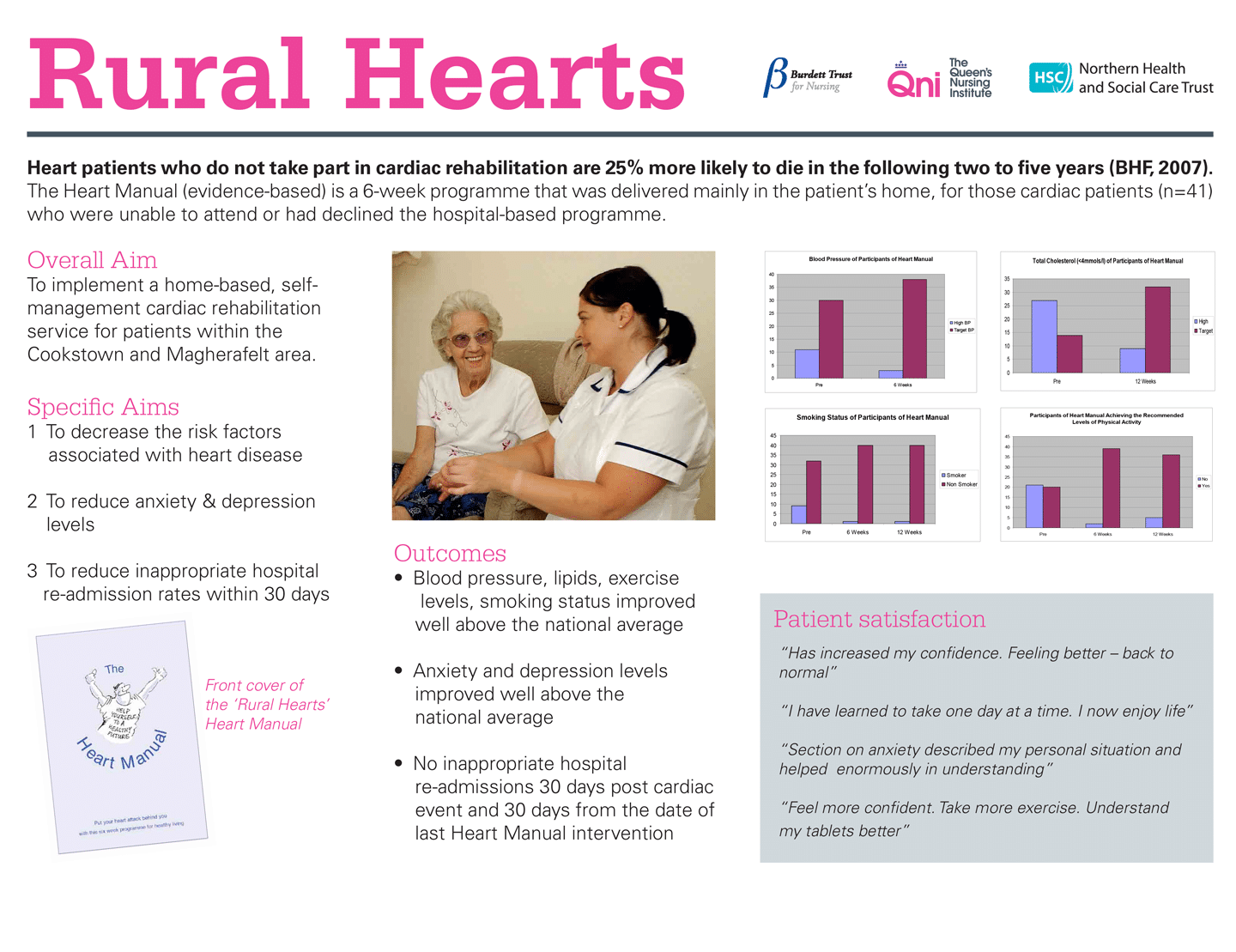
- Case study
- Project
Rural Hearts
This project aimed to deliver a programme of cardiac rehabilitation to patients with heart disease living in rural areas, who cannot attend hospital-based programmes.
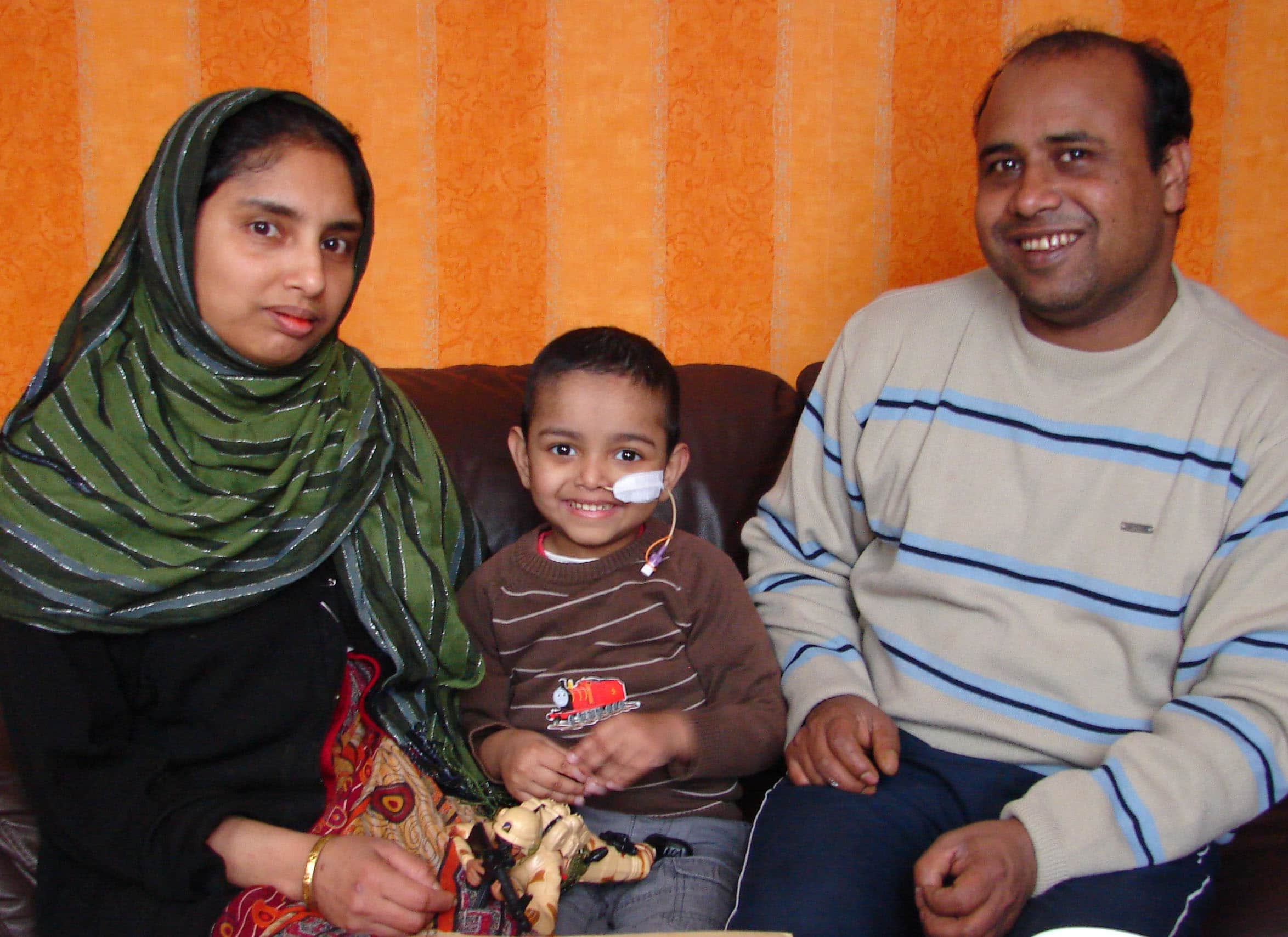
- Case study
- Project
Enteral to Oral
Enteral feeding or tube feeding is often necessary to ensure adequate nutrition in sick infants and children. Weaning a child off enteral feeding can be difficult and this project sought to address the challenges.
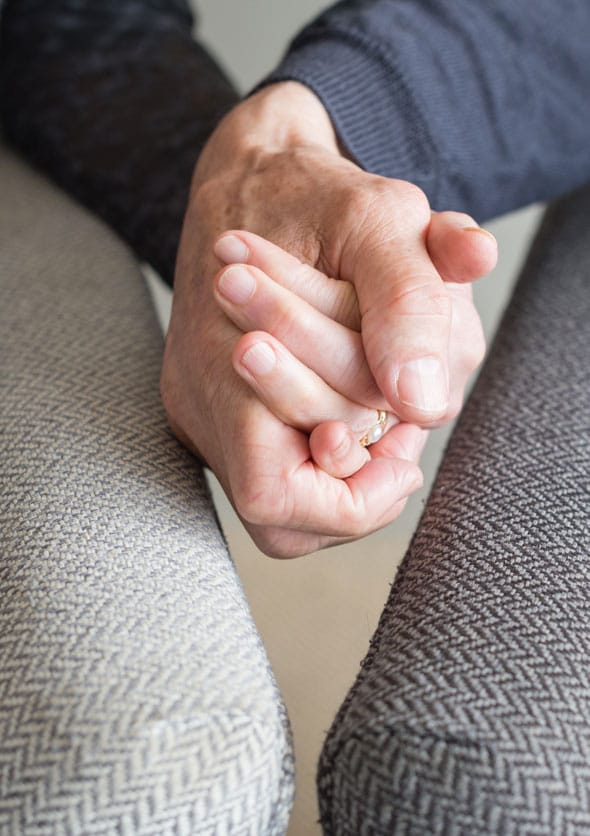
- Case study
- Project
Palliative Wellbeing in Powys
A community nurse programme to develop effective and holistic support for people who have received a terminal diagnosis, to help them and their families manage their physical, mental and emotional wellbeing.
- Case study
- Project
Managing Type 1 Diabetes
Children receive dedicated support for long term conditions such as diabetes from a multi-disciplinary team. There are risks associated with the transition to adult services, due to a whole range of factors.
- Case study
- Project
Hepatitis B Community Clinic
The aim of the project was to develop a specialist, nurse-led GP practice based viral Hepatitis service within Lambeth and Southwark.
- Case study
- Project
Health Champions for the Homeless
The use of ‘health champions’ has proven to have a significant impact on fellow users’ attitudes and knowledge about health, accepting of lifestyle advice and access to medical care, especially in primary care.
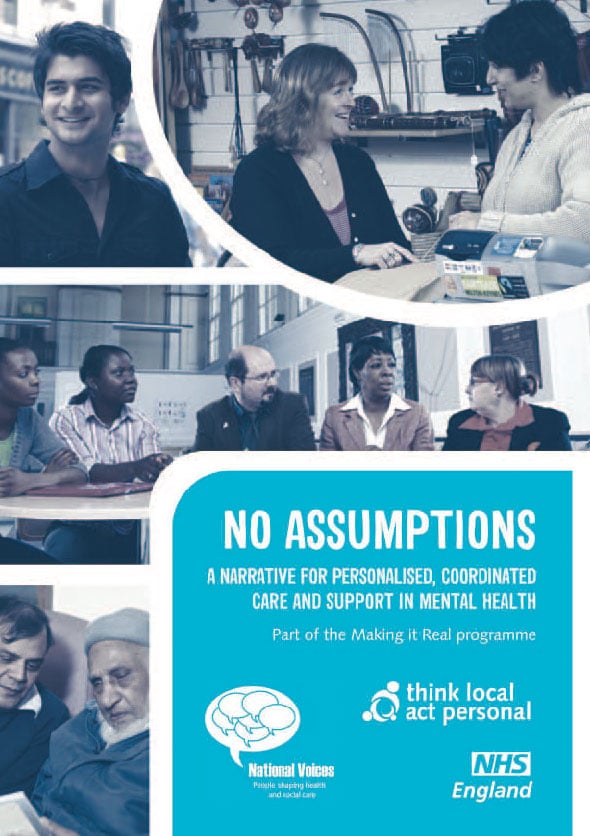
- Case study
- Guidance
- Learning resource
No Assumptions
Document produced by National Voices and NHS England in 2014 showing the importance of creating services that meet the needs of patients and provide person-centred care.
- Case study
- Project
An outreach nursing model in High Wycombe
The service offers housing and support for homeless people with complex needs including addiction, a history of offending, and with issues around mental or physical health.
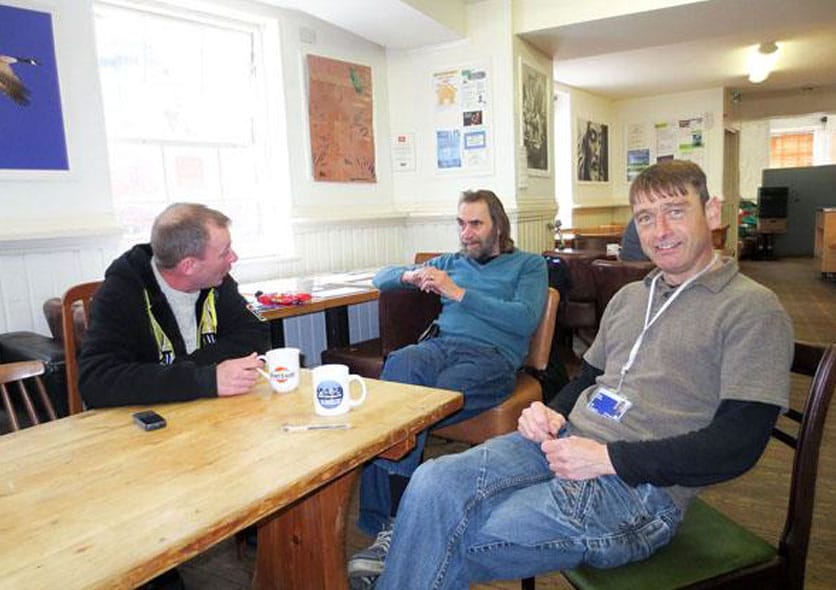
- Case study
A wet clinic model in Bristol
Compass Health provides confidential healthcare, advice and support for homeless people in Bristol.
- Case study
Respite and Intermediate Care Support Service
Bradford Respite and Intermediate Care Support Service (BRICSS) is an intermediate care facility providing respite accommodation for vulnerable patients on discharge from hospital.

- Case study
Case Study: Complex Needs Officer
A Complex Needs Officer provides advice, support and partnership work around mental health to vulnerable groups in the community.
- Case study
Nurse-led Primary Healthcare Model in Hastings
The Hastings Homeless Service runs five sessions a week staffed by volunteers and healthcare professionals, including nurses.
